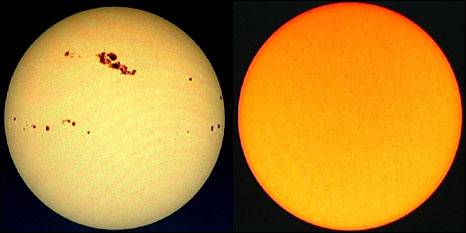DavidS
Anti-Tea Party Member
- Thread starter
- #21
We can figure human involvement will add variables to the climate equation, all those against taking action on pollution, etc. must assume our activities will make Earth better, not worse since it won't stay the same).
Such optimism.
No. Human involvement has added NO variables to our climate. Our weather is no different today than it would be had we invented no fossil fuels or anything that emits CO2 whatsoever. Global Warming is the biggest hoax since snake oil.
But you know better than every Scientific Society, every National Academy of Science, and every major University in the world.
Biggest load of bullshit I've ever seen.
Oh and the scientists and universities that DO support global warming get MEGA research grants for this research. Remember the scientists who stood with Tobacco companies and had actual "proof" that smoking 3 packs a day for 30 years wouldn't cause lung cancer? How do you think they came up with that stuff? THEY WERE PAID MILLIONS OF DOLLARS!!
Oh and now you're going to tell me our government supports the theory of global warming and they're not getting paid yet. Keyword "yet." Watch out - there will be a carbon tax coming to your store soon. Just like tobacco tax... if you emit CO2 and don't drive a "green" car, you'll be taxed. If you buy hairspray or use air conditioning, you'll be taxed. Within the next 20 years, there will be more "green taxes" than there are regular taxes. The governments of the world have found a new way to generate income - by making the biggest idiots believe that that we're actually harming our environment by emitting CO2. And now they have companies selling it, and marketing it to make it acceptable to mass consumers.
The bottom line is: Being green makes you a lot of green.
Last edited:


